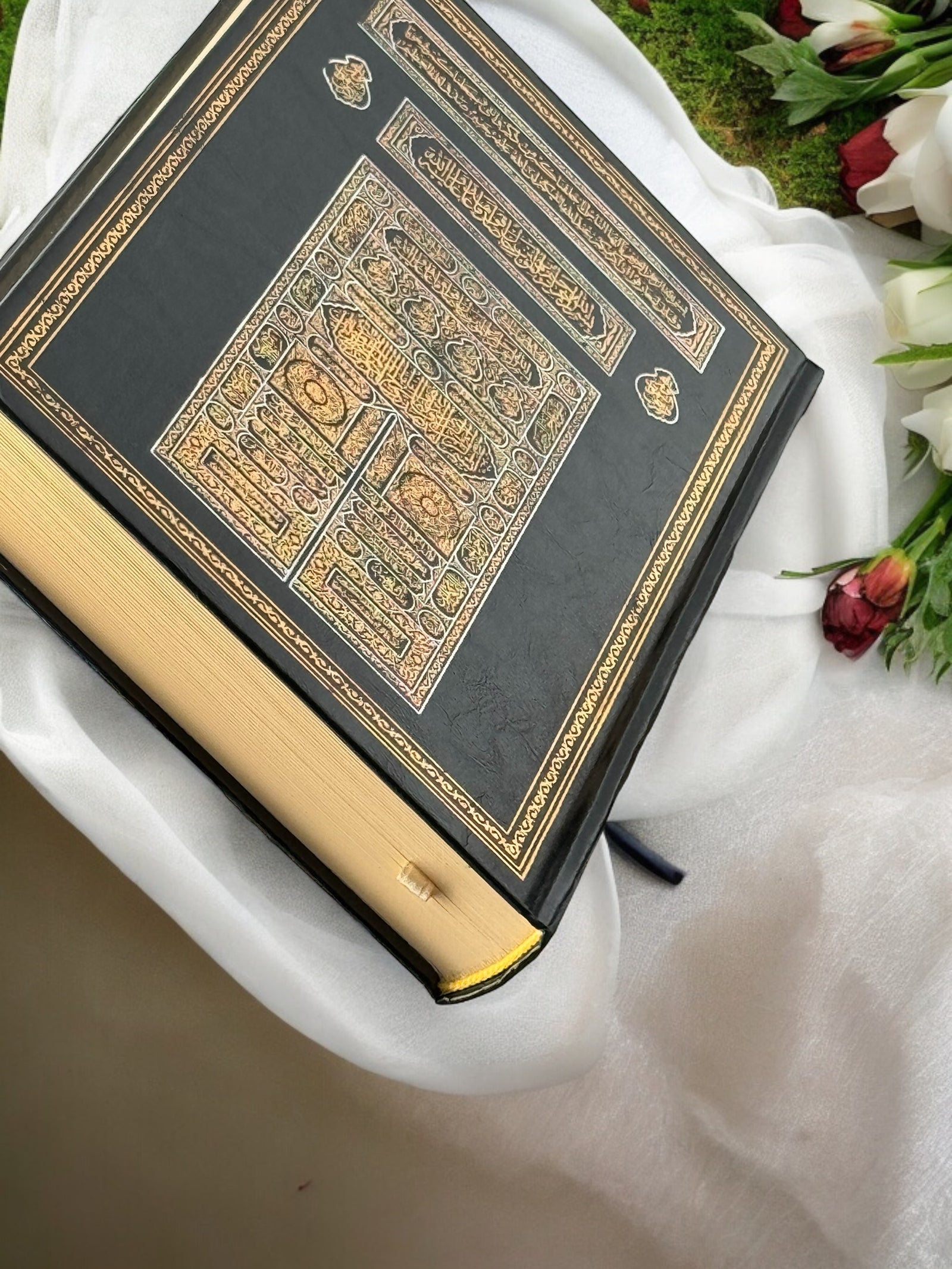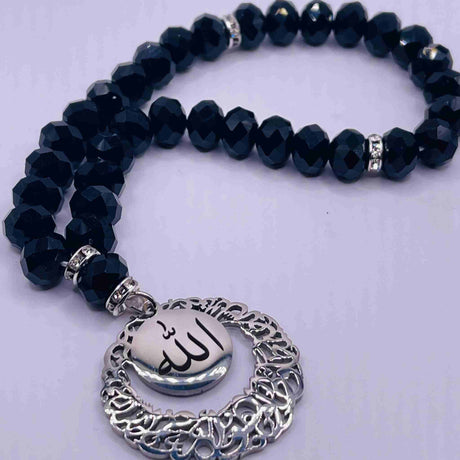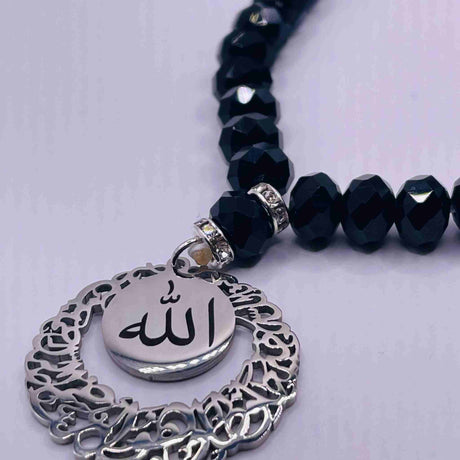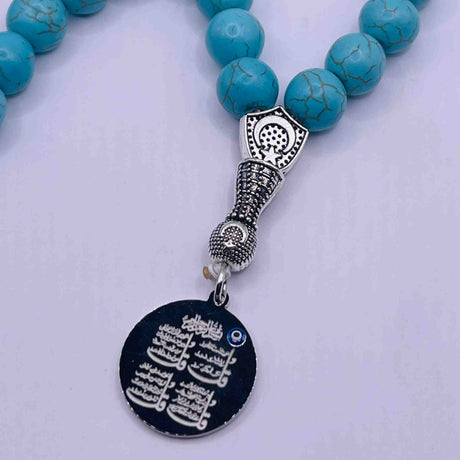Key Takeaways:
- Acknowledgment of Allah's Sovereignty: These verses emphasize the recognition of Allah as the ultimate authority and His control over all things.
- Divine Power: They highlight Allah's power to grant and remove authority, control natural cycles, and provide sustenance without measure.
- Spiritual Connection: Reciting these Ayahs after prayers reinforces a believer's faith in Allah's omnipotence and management of the universe.
Continued with the recitation of Ali-Imraan verse 26:
Ayah 26 of Surah Ali 'Imran in the Quran
قُلِ اللَّهُمَّ مَالِكَ الْمُلْكِ تُؤْتِي الْمُلْكَ مَن تَشَاءُ وَتَنزِعُ الْمُلْكَ مِمَّن تَشَاءُ وَتُعِزُّ مَن تَشَاءُ وَتُذِلُّ مَن تَشَاءُ ۖ بِيَدِكَ الْخَيْرُ ۖ إِنَّكَ عَلَىٰ كُلِّ شَيْءٍ قَدِيرٌ
Transliteration:
Qulillaahumma maalikal mulki, tu’til mulka man tasyaa’u, watanzi’u mulka mimman tasyaa’u, watu ‘izzu man tasyaa’u, watudzillu man tasyaa’u, biyadikal khoyru innaka ‘alaa kulii syai’in qodiirun
This Ayah is a prayer acknowledging Allah as the sovereign Lord who bestows and removes authority as He wills, granting honor and humiliating whom He chooses. It emphasizes Allah's omnipotence and complete control over all things.
Continued with the recitation of Ali-Imraan verse 27:
Ayah 27 of Surah Ali Imran in the Quran
تُولِجُ اللَّيْلَ فِي النَّهَارِ وَتُولِجُ النَّهَارَ فِي اللَّيْلِ وَتُخْرِجُ الْحَيَّ مِنَ الْمَيِّتِ وَتُخْرِجُ الْمَيِّتَ مِنَ الْحَيِّ وَتَرْزُقُ مَن تَشَاءُ بِغَيْرِ حِسَابٍ
Transliteration:
Tuwlijul layla finnahaari, watuwlijunnahaaro fil layli, wa tukhrijul hayya minal mayyiti, watukhrijul mayyita minal hayyi, watarzuqu man tasyaa’u bighoyri hisaab
This Ayah describes Allah's power to change the course of day and night, bring forth life from death and death from life, and provide sustenance without measure to whom He wills. It highlights Allah's omnipotence and His ability to manage the cycles of life and nature.
For a comprehensive collection of Islamic products to enhance your spiritual practices, visit our products page.
To gain deeper insights into Dhikr and Tasbih practices, read more on our blog.
Frequently Asked Questions:
Q: What is the significance of reciting Ayah 26 of Surah Ali 'Imran after prayers?
A: Reciting this Ayah acknowledges Allah's sovereignty, His power to bestow and remove authority, and His ability to grant honor or humiliation. It serves as a reminder of Allah's omnipotence and control over all things.
Q: Why is Ayah 27 of Surah Ali 'Imran important in Islamic practice?
A: This Ayah highlights Allah's power to change day into night and vice versa, bring forth life from death, and provide sustenance without measure. It emphasizes His control over natural cycles and life itself.
Q: How can reciting these Ayahs after prayers benefit a believer?
A: Reciting these Ayahs strengthens a believer's faith in Allah's omnipotence, reinforcing their trust in His ability to manage all aspects of life and nature.
Q: What role do Dhikr and Tasbih play in daily Islamic practice?
A: Dhikr and Tasbih are essential practices that help Muslims remember Allah, seek His blessings, and maintain a spiritual connection throughout the day. They are acts of devotion that enhance one's faith and mindfulness of Allah's presence.
Q: Can these Ayahs be recited at any other times besides after prayers?
A: Yes, these Ayahs can be recited at any time to seek Allah's guidance, mercy, and to reaffirm one's faith. They are particularly powerful during moments of reflection, difficulty, or when seeking spiritual strength.

























